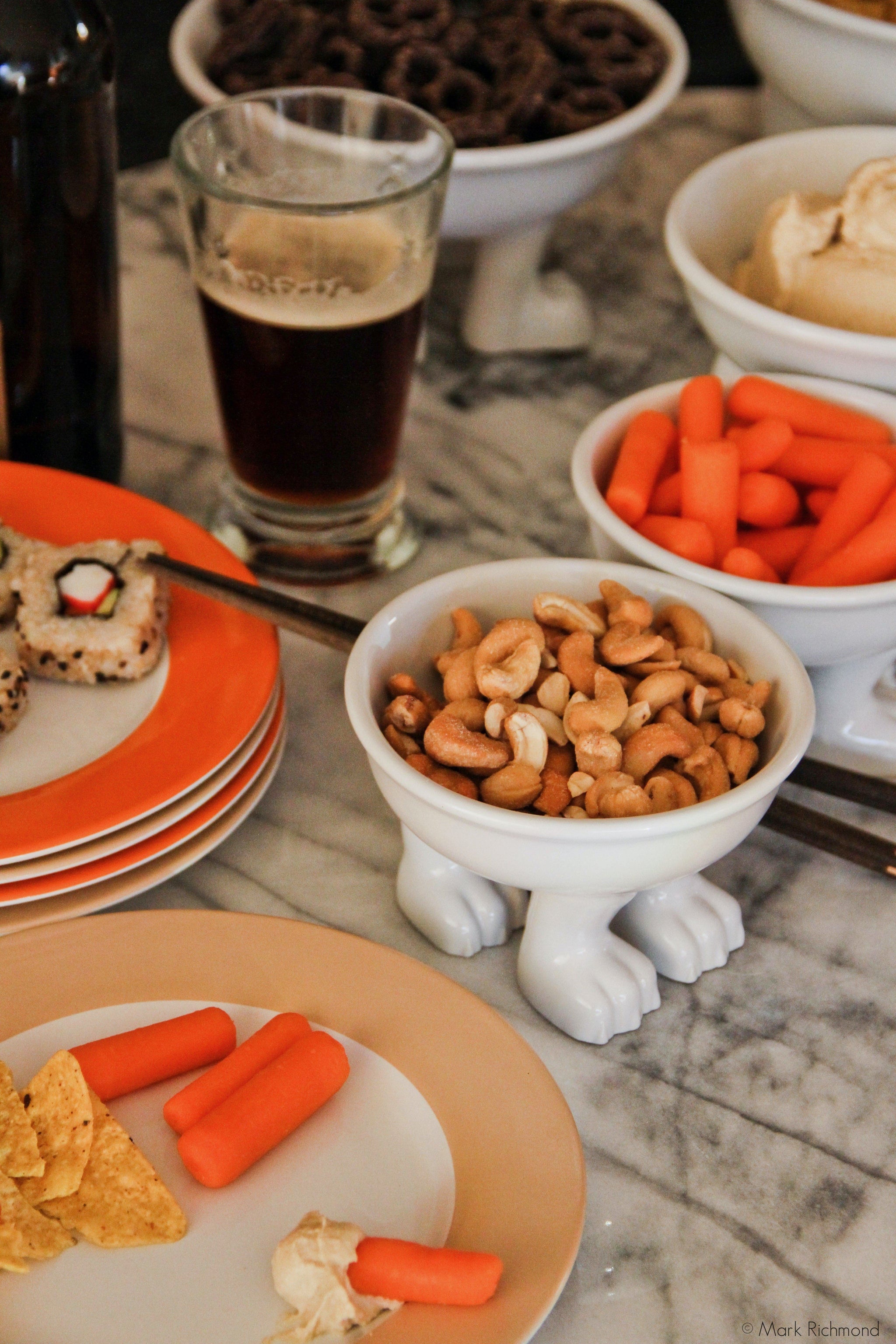
I Shop Therefore I Am: Can Objects Make Us Happy?
A well-known rap star stated that on tour he always carries with him a token item that brings him good luck. On his current tour it is a small, carved elephant he picked up at a market in Thailand. When he unpacks in his hotel room, the elephant takes a place on the nearest dresser.
In graduate school, I read an essay by an anthropologist who was visiting a museum in Canada with an Aboriginal young man. They stopped in front of a large flat bowl on display. Pausing at the bowl, the young man turned to the anthropologist, smiling, and said: "I remember this bowl...when I was little and it would rain in the village, we would take out this bowl and ride down the flooded streets."
Objects are instrumental accessories to our lives. They help us peel our fruit, brush our teeth, run our errands and wake us up. But can they make us happy? In an age of out-of-control consumerism where cheaply made products bark at us from the shelves of discount stores, this is an important question whose answer may help us re-evaluate our habits of consumption in what has become a largely disposable culture.
Like the examples above remind us, objects have stories and the best ones we carry with us our whole lives. Like our grandmother's table lamp or the baseball with which we hit our first home run, objects have the power to become more than just "things."
Design critic Don Norman explains that people respond to objects based on three different aspects of the product: visceral--which refers to the initial impact the product has on us, its attractiveness and its overall aesthetic value; behavioral--which refers to the look and feel of a product, how well it serves its purpose and how easy it is to use; and reflective--which refers to how the product makes us feel, what image the product portrays and what messages it sends about us to others.
Experiences with objects that have high visceral, behavioral or reflective impact on the user evoke what psychologists refer to as positive valence or positive arousal -- two emotional responses that reflect either a positive state of mind, as in the case of valence, or a surge of energy, as in arousal.
At the same time our central nervous systems are filled with dopamine receptors that trigger the release of the neurotransmitter when we are faced with choices such as: "Should I buy the $250 pair of jeans or save for a rainy day?" While frequently, associated with reward-seeking in popular culture, dopamine is actually less about pleasure and more about motivation. We are hard-wired for survival and dopamine helps our system adjust to new situations and hopefully make a choice that both feels good and contributes to our success--in whatever form that make take.
For example: When confronted with the need to buy a watch, a buyer may go to Amazon and find over 57,000 men's styles ranging in price from $30 to $3,000. Each style operating on the exact same principle--a group of 12 numbers which respond to a system of time displayed on a "face" which is generally worn on a band around the wrist. We could all wear the same watch serving the same function but we don't. Most of us chose a watch based on our lifestyle and how the watch makes us feel.
We make decisions about objects based on a set of emotional responses that are the result of stimuli both to our mind (conscious) and our brain (subconscious). And just as the watch example illustrates, there is a clear-cut emotional relationship between us and the products we chose. We chose objects that appeal to us either viscerally--because they look appealing; behaviorally--because they work well for us; or reflectively--because they represent us. But whatever aspect motivates our decision-making; we lead with an instinctual desire to have a positive or successful experience.
Yes, objects have the ability to make us happy. But not in the way materialists would have us believe. For the chef, a vegetable peeler whose blades grab the fruit and whose handle fits comfortably in the palm is likely to offer far more happiness then a more-expensive peeler which may be designed for the hobby cook who is willing to sacrifice performance for design. Objects contribute to our lives, they can bring us luck, help us reach our goals, or simply provide a much-needed moment of recreation; but in a culture in which we've pumped steroids into consumption, we should align our choices in a way that minimizes gluttony and, instead, maximizes our lifetime happiness.

